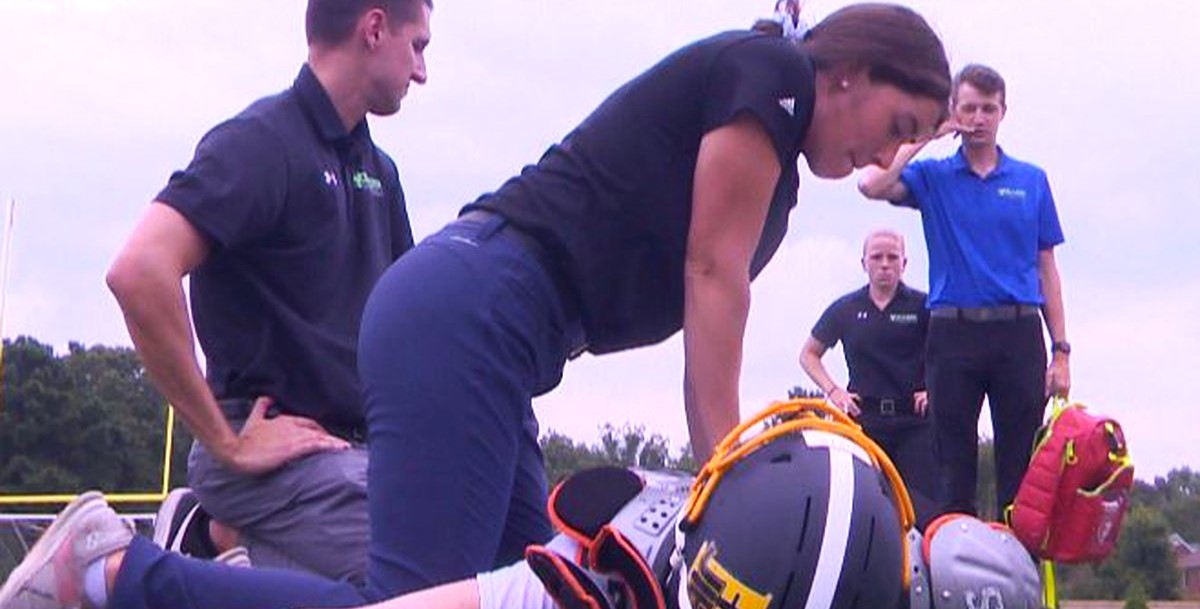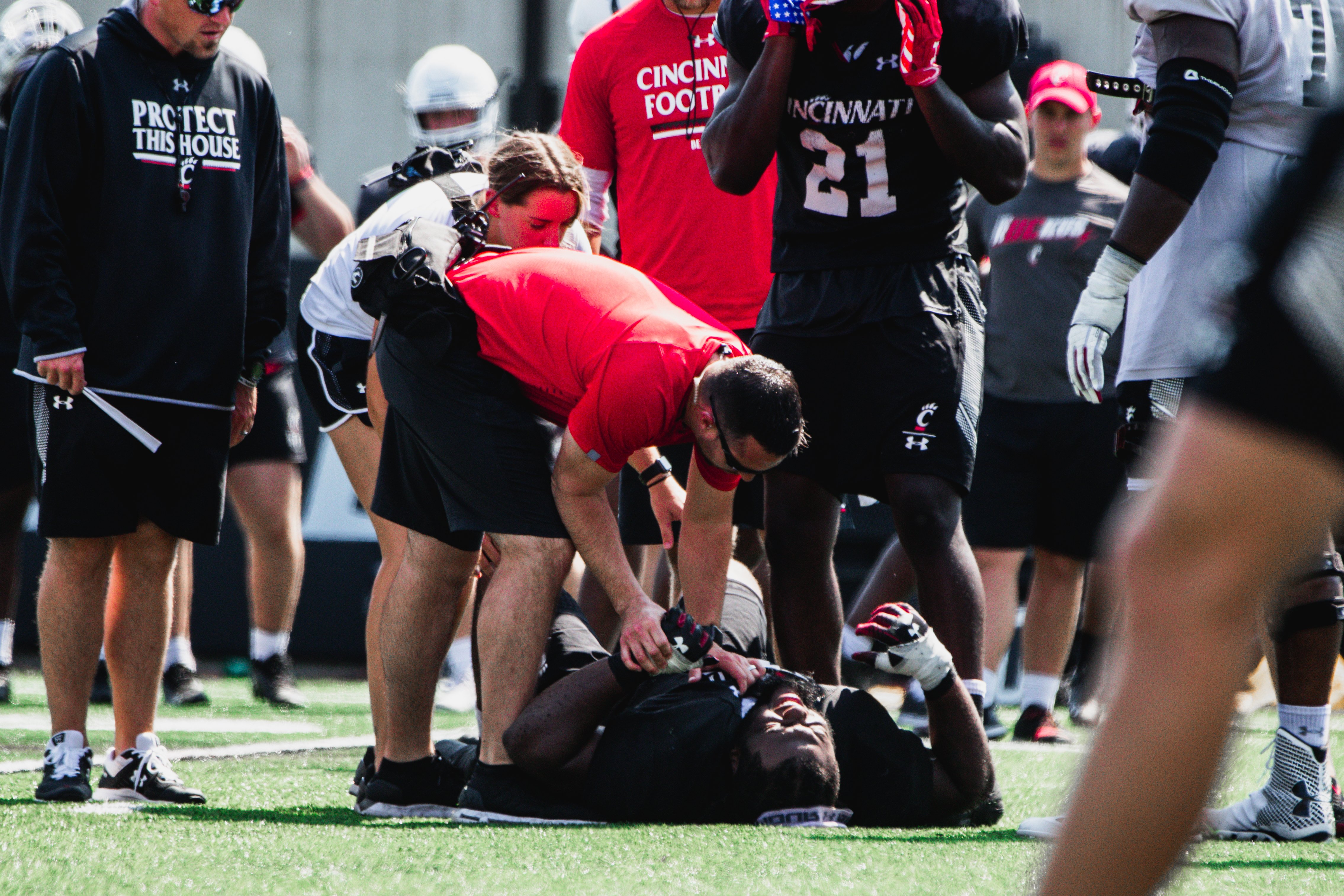Study on Mitigating the Impact of Air Travel on Athletes
My daughter attends The Ohio State University in the Big Ten and a recent topic of conversation was centered around the addition of several west coast PAC-10 teams. I wondered what affect it would have on the teams to have to travel back and forth from the east coast for games in California, Oregon, and Washington, across several time zones.
 A recent study popped up on the "Effect of airline travel on performance: A review of the literature" and I thought it would be important to share this data with college Athletic Trainers.
A recent study popped up on the "Effect of airline travel on performance: A review of the literature" and I thought it would be important to share this data with college Athletic Trainers.
The phenomenon of air travel's impact on athletic performance has garnered significant interest, particularly as elite athletes increasingly traverse time zones for competitions worldwide.
Whitney E. Leatherwood and Jason L. Dragoo delve into this issue, examining how rapid eastward or westward travel can disrupt an athlete's circadian rhythm, leading to jet lag, sleep deprivation, and even nutritional imbalances.
Their comprehensive review underscores the need for strategic interventions to mitigate these effects and optimize performance post-travel.
The team highlights the critical role of circadian rhythms in determining peak performance times, with disruptions potentially leading to suboptimal athletic output. They pointed out the complex interplay between jet lag, sleep patterns, and even altitude changes that athletes face:
"Rapid airline travel across time zones has been anecdotally noted to cause deterioration in athletic performance."
The review suggests evidence-based recommendations to minimize travel's adverse effects, emphasizing the importance of adjusting the body clock through gradual shifts in sleep scheduling and strategic light exposure.
Supplemental melatonin and managing meal timings also play a vital role in aligning an athlete's internal clock with their new environment. The authors advocated for a proactive approach to travel planning:
"Athletes travelling for competition...must adapt to a predetermined schedule of events."
Leatherwood and Dragoo's review serves as a vital resource for athletes and sports medicine teams alike, offering actionable insights to combat the challenges of international competition travel.
- Gradually adjust the body clock to the new time zone by shifting sleep schedules by 1 hour per day before travel.
- Use light exposure and melatonin supplements (2-5 mg) to facilitate circadian phase shifting.
- Utilize natural daylight over artificial light for adjusting circadian rhythms.
- Engage in social activities that align with the local time at the destination to help adjust to the new time zone.
- Limit caffeine intake during travel to avoid disrupting sleep patterns and adaptation to new time zones.
- Take short naps (20-30 minutes) to alleviate sleep deprivation and enhance arousal states.
- Increase fluid intake to prevent dehydration during flights, avoiding alcohol and caffeine which can contribute to fluid loss.
- Plan dietary choices that support optimal performance, opting for smaller meals during and before flights, and align meal times with the destination's local schedule upon arrival.
- Avoid non-bottled water, undercooked or raw foods, and ensure to peel fruits and vegetables when traveling internationally to prevent gastrointestinal issues.
By adopting the recommended strategies, athletes can better navigate the hurdles of jet lag and circadian disruption, ensuring that when they step onto the field or court, they are as prepared physically and mentally as possible.
For those interested in greater detail, check out the full study.
![HR Logo [Recovered]_Full Color Vertical-1](https://blog.healthyroster.com/hs-fs/hubfs/HR%20Logo%20%5BRecovered%5D_Full%20Color%20Vertical-1.png?width=199&height=178&name=HR%20Logo%20%5BRecovered%5D_Full%20Color%20Vertical-1.png)
 By
By


